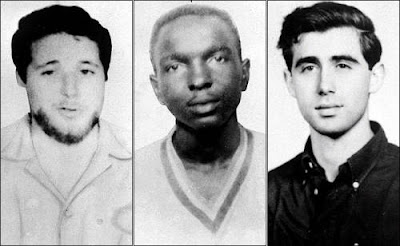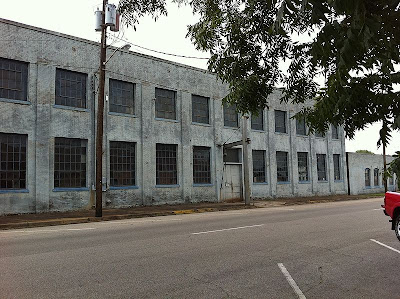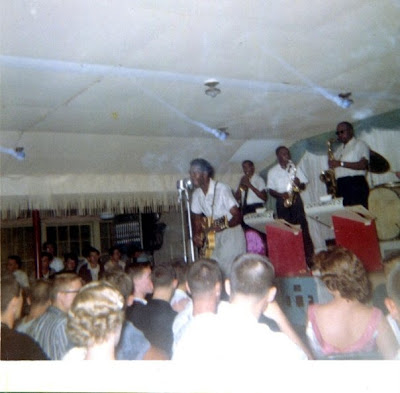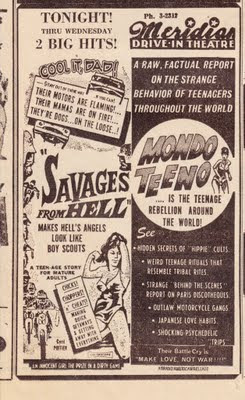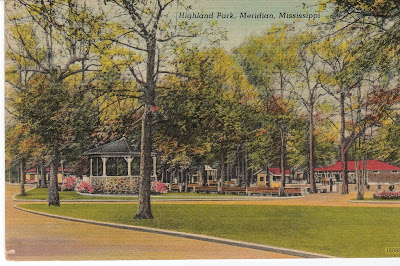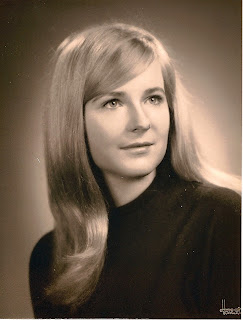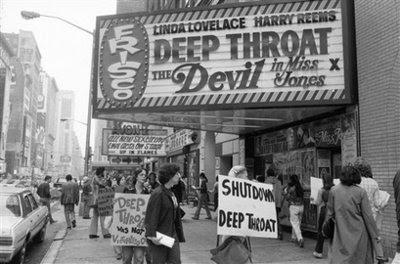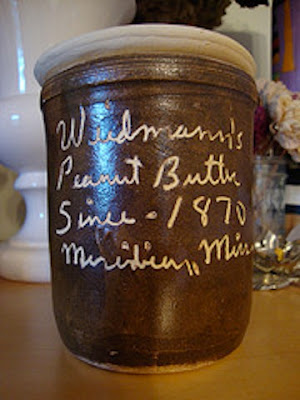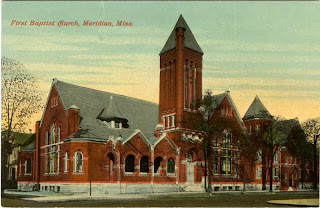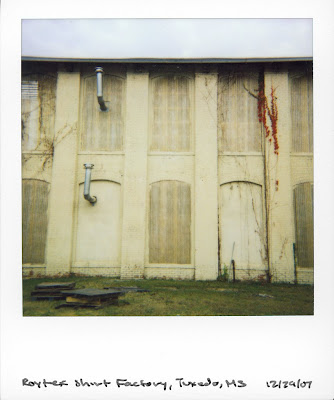
Meridian Community College is a two-year public community college in Meridian, Mississippi (USA). Founded in 1937, it was originally named Meridian Junior College but changed its name in 1987.
Meridian is home to two post-secondary educational institutions.
Meridian Community College is located at 910 Highway 19 N and offers free tuition for four semesters to graduates from the Meridian Public and Lauderdale County School Districts as well as home schooled children who reside in the city limits.
Founded in 1937 as the "13th" and "14th" grades at Meridian High School, Meridian Community College is the only one of Mississippi's 15 public community colleges to originate through the initiative of the local school system. MCC began as the vision of Dr. H.M. Ivy (1884-1977), superintendent of the Meridian Separate School District in the 1930s. The college, then known as Meridian Junior College, operated at Meridian High School until 1964 when the College moved to its present location.
In 1970, the College merged with the historically black T.J. Harris Junior College as a result of a federal court order to the Meridian Municipal Separate School System. More than 400 students joined the MJC campus from Harris that year.
Meridian Junior College made its final break with Meridian Public schools by establishing its own district and Board of Trustees in 1980.
As part of its 50th anniversary celebration, the College changed its name to Meridian Community College to more accurately reflect the diversity of opportunities it provides for a growing community area.

